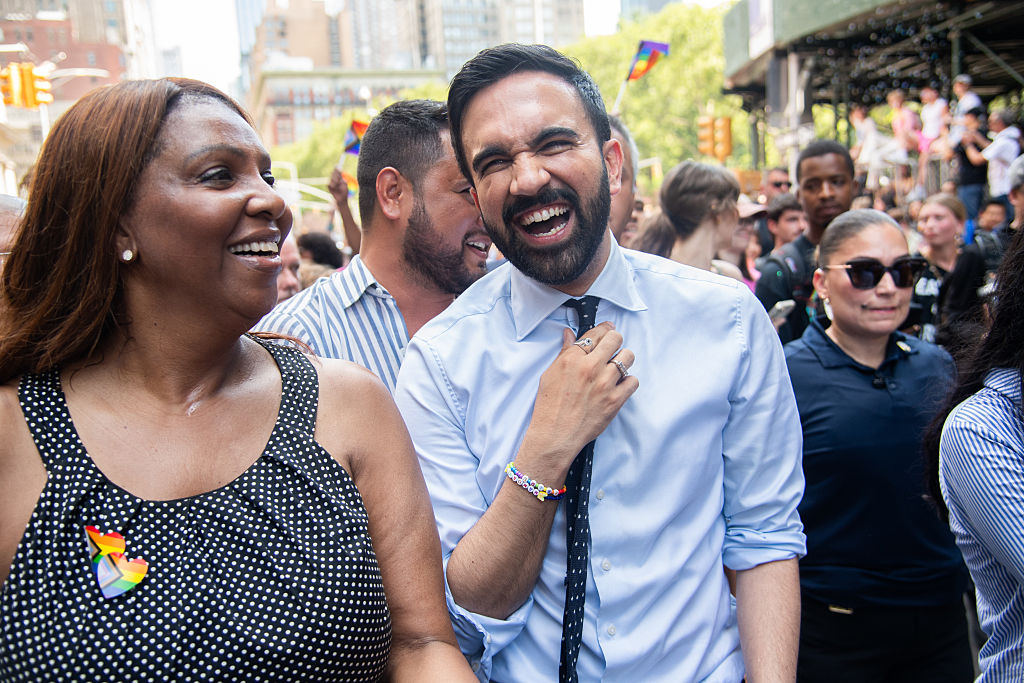Protect Black Women: Diddy Abuse Sparks Black Men Questions
Where Are Black Men In The Protection Of Black Women?

Source: Ira L. Black – Corbis / Getty
We are no strangers to Black men in music, such as Sean “Diddy” Combs, Jeezy, R. Kelly and Chris Brown, being accused of abusing women of color, specifically Black women. New footage showing Combs physically assaulting then-girlfriend Cassie Ventura in a 2016 surveillance video was released by CNN. In an interview with Piers Morgan on Monday, Comb’s ex-security confirmed this allegation as he said he witnessed the abuse of Cassie and Kim Porter.
Not only is the footage repulsive as Ventura tries to escape the abuse, but it’s appalling to think this Black man knew and was a bystander. It’s critical to unpack — and reduce — the violence experienced by Black women at the hands of Black men.
MORE: What Cassie Experienced Being Abused By Diddy Is Not An Anomaly
Whether physical, sexual, emotional, economic, psychological, or technological, domestic violence is a pattern of abusive behavior in any relationship that is used by one partner to gain or maintain power and control over another intimate partner.
A pervasive issue in Black communities, nearly 45% of Black women will experience domestic violence throughout their lives. Yet, it evokes public stigma, silence, and victim-blaming for Black women. A complex history of oppression, over-policing, and discrimination magnifies domestic and sexual violence among Black women.
A 2018 study shows one in four Black girls will be sexually abused before the age of 18. Black women are six times more likely to be killed at the hands of a partner than their white counterparts. Black women prefer to date and marry Black men, having cited feeling more strongly connected to Black men given their shared historical and contemporary experiences of racism and discrimination. Yet, Black women often experience domestic violence at the hands of Black men. These racially bonded experiences of discrimination, sexism, and racism among Black women steer them away from embodying “soft” sensitivity, instead fostering strength to safeguard their vulnerability.
We know that systemic racism, such as barriers to limited access to economic opportunities, healthcare, education, and a sense of support from government agencies, decreases the risk of domestic violence among Black communities. Who cares about governmental programming if Black men are still harming the Black women in their lives? We women know that the rates of violence against Black women continue to rise. Do Black men know? Do they care?
As male and female thought leaders, we approach this issue through different lenses, but with a shared desire to solve it.
I, Crooks, needed to know what the Black man in my life thought about violence against Black women. I know I picked a good one because he didn’t just focus on violence; he targeted the need to protect Black women. He also acknowledged the challenge of being with a strong Black woman.
I, Brown, understand that protecting Black women is a uniquely complex and enduring subject.
As a son, brother, uncle, and friend to Black women, I’ve witnessed firsthand both Black women’s strength and vulnerability. I’ve come to understand that Black women’s strength often comes at a cost, manifesting as mental anguish and sometimes physical hardship.
As we strive to reduce domestic violence, it’s essential to recognize the unique challenges Black women face due to intersecting layers of discrimination and systemic oppression. Building trust, fostering empowerment, addressing harmful gender dynamics, and continuous learning are vital steps in protecting Black women and creating environments where women are safe and valued.
Empowering Black women involves supporting their autonomy and agency while ensuring their independence doesn’t isolate or dismiss Black men. If we, as Black men, challenge harmful gender dynamics to promote mutual respect and understanding within relationships. We can champion healthier dynamics and reduce the occurrence of domestic violence.
Furthermore, continuous education and adaptation are crucial for both Black men and women to understand and address the root causes of domestic violence. By staying open to feedback, educating ourselves on issues affecting Black women, and adapting our approaches to meet their needs, we can better support and protect them.
Reducing domestic violence against Black women requires a multifaceted approach that combines empathy, advocacy, and a commitment to challenging systemic barriers and biases. And yet, the sociocultural context of Black relationships is complex. Here are some additional insights for Black men and women to consider:
- Fostering Empowerment: Black women’s independence is empowering but may be received by men as isolating or dismissive. Encourage each other’s empowerment through support networks and respect, not violence.
- Addressing Gender Dynamics: Challenge harmful gender dynamics to promote respect and opportunities for both Black men and women. Mutual respect and partnership are crucial for Black love.
- Listening and Understanding: Create a non-judgmental space for Black women to share their experiences, concerns, and needs is essential. Understanding their unique challenges and perspectives is essential for providing effective support.
- Creating a Safe Space: Black women deserve environments where they feel safe, respected, and valued. Respecting boundaries, fostering authentic expression, and eliminating discrimination are vital for creating a safe space.
Softness and vulnerability can only flourish in environments where Black women feel safe, respected, and protected. Breaking the cycle of violence against Black women requires concerted efforts to provide support, advocate for their rights, and challenge the systems that perpetuate harm.
Natasha Crooks is an assistant professor at the University of Illinois Chicago and a Public Voices Fellow with The OpEd Project.
Ivan Brown is the vice president of human resources at Burrell Communications Group, a transcultural and multidimensional media company.
SEE ALSO:
Lawsuits Keep Alleging Diddy Plied Sex Assault Victims With Drugs
















